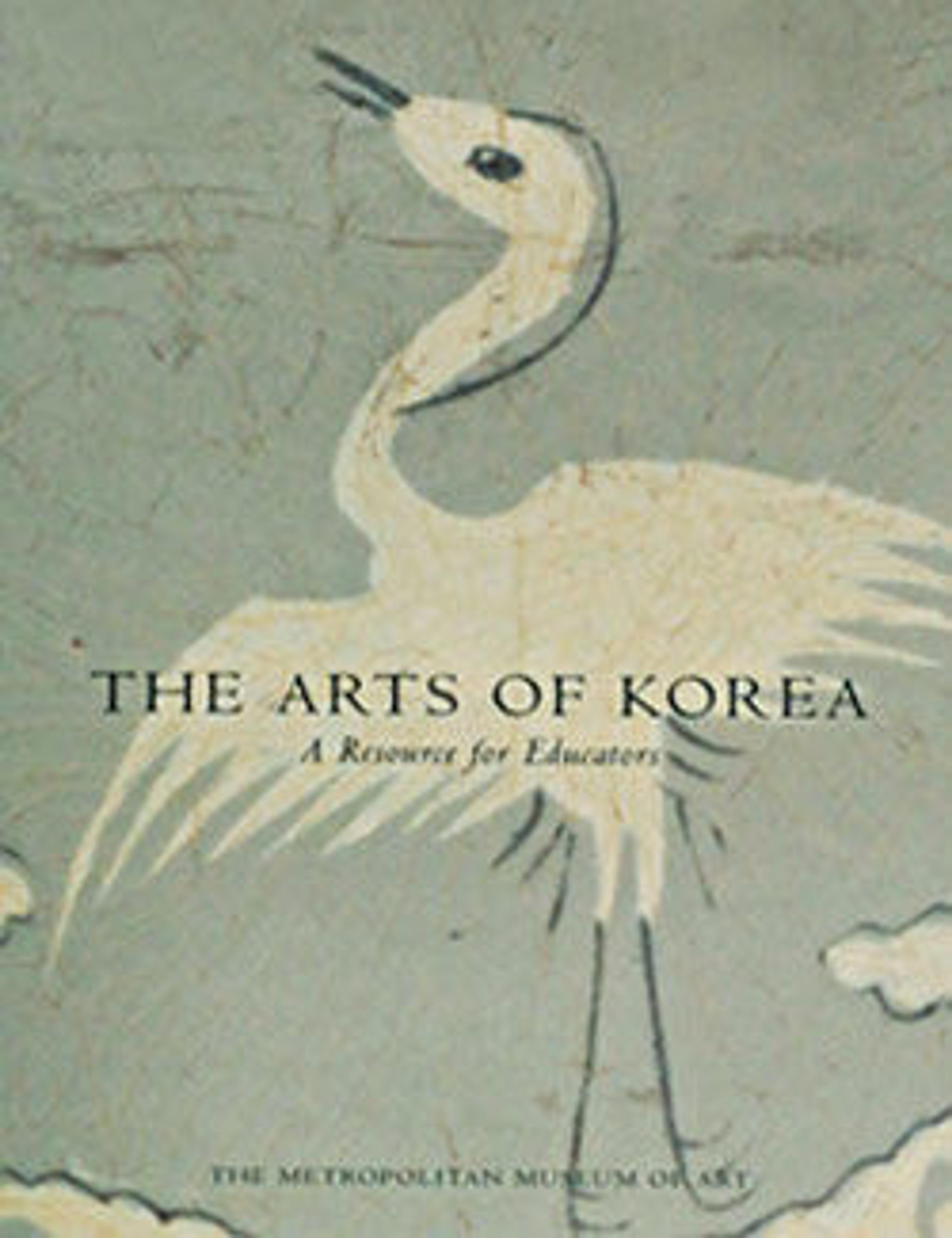Taepyeongso (태평소 )
The Taepyeongso, a double-reed instrument with a conical wood body and cup-shaped metal bell, finds its antecedents in Chinese and Middle Eastern wind instruments. Introduced to Korea in the 14th century during the Goryeo dynasty (918-1392), its piercings sounds accompanied vernacular and court processional music.
Description: conical wood tube incised with three lines near each end, seven fingerholes, one thumbhole, brass bell, narrow end covered by brass sleeve into which slips a brass staple composed of flat disc topped by stem for reed; hanging separately by a short chain attached to disc is another flat disc with a small hole in the center to fit over stem; a larger chain attaches staple to bell. (J. Kenneth Moore, 1981)
Description: conical wood tube incised with three lines near each end, seven fingerholes, one thumbhole, brass bell, narrow end covered by brass sleeve into which slips a brass staple composed of flat disc topped by stem for reed; hanging separately by a short chain attached to disc is another flat disc with a small hole in the center to fit over stem; a larger chain attaches staple to bell. (J. Kenneth Moore, 1981)
Artwork Details
- Title: Taepyeongso (태평소 )
- Period: Joseon dynasty (1392-1910)
- Date: late 19th century
- Geography: Korea
- Culture: Korean
- Medium: Wood, metal, reed
- Dimensions: L. 16 1/2 × Bell Diam. 4 15/16 in. (41.9 × 12.5 cm)
- Classification: Aerophone-Reed Vibrated-double reed
- Credit Line: The Crosby Brown Collection of Musical Instruments, 1889
- Object Number: 89.4.147
- Curatorial Department: Musical Instruments
More Artwork
Research Resources
The Met provides unparalleled resources for research and welcomes an international community of students and scholars. The Met's Open Access API is where creators and researchers can connect to the The Met collection. Open Access data and public domain images are available for unrestricted commercial and noncommercial use without permission or fee.
To request images under copyright and other restrictions, please use this Image Request form.
Feedback
We continue to research and examine historical and cultural context for objects in The Met collection. If you have comments or questions about this object record, please contact us using the form below. The Museum looks forward to receiving your comments.
